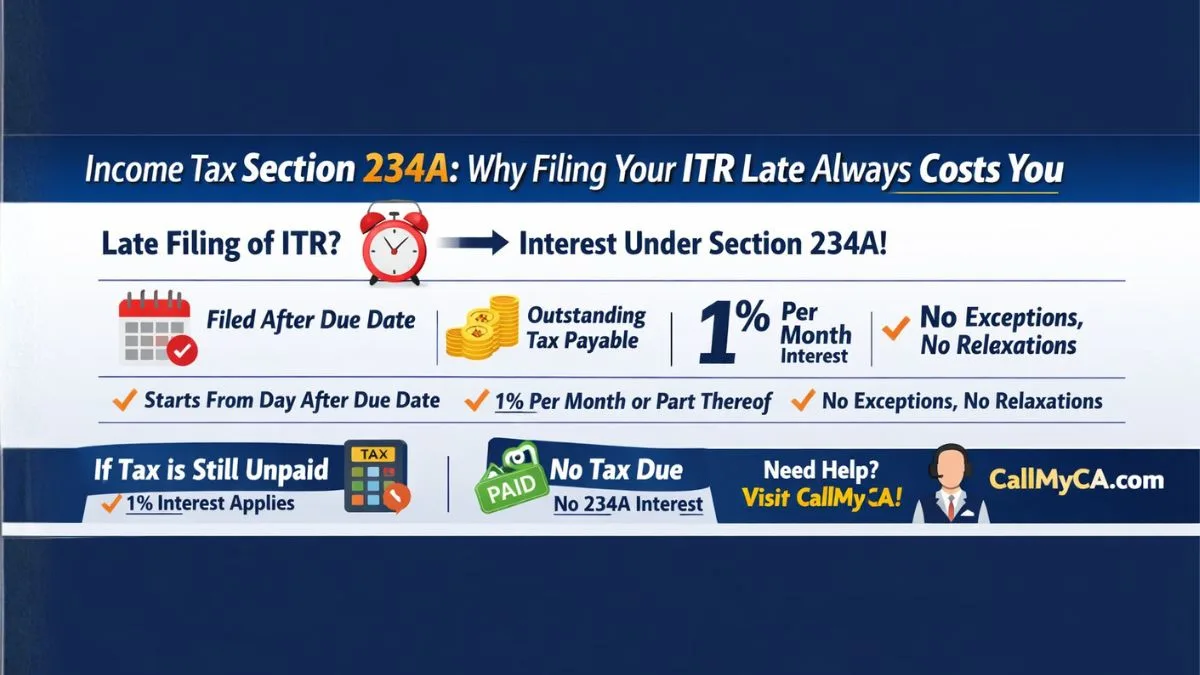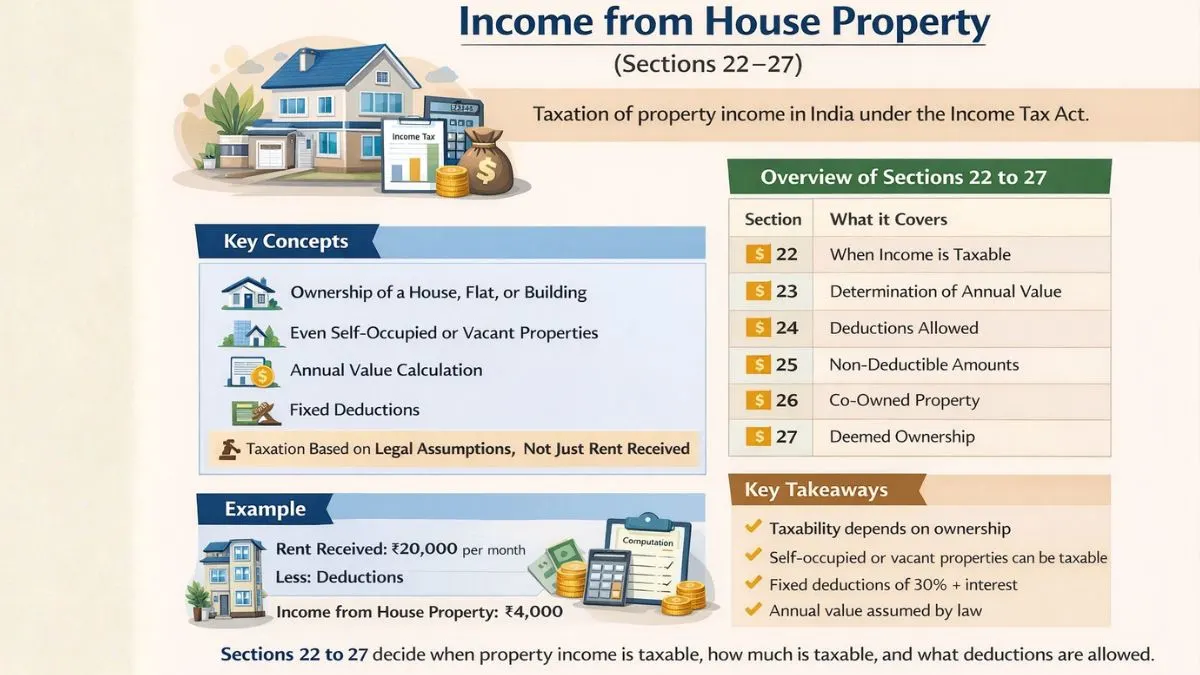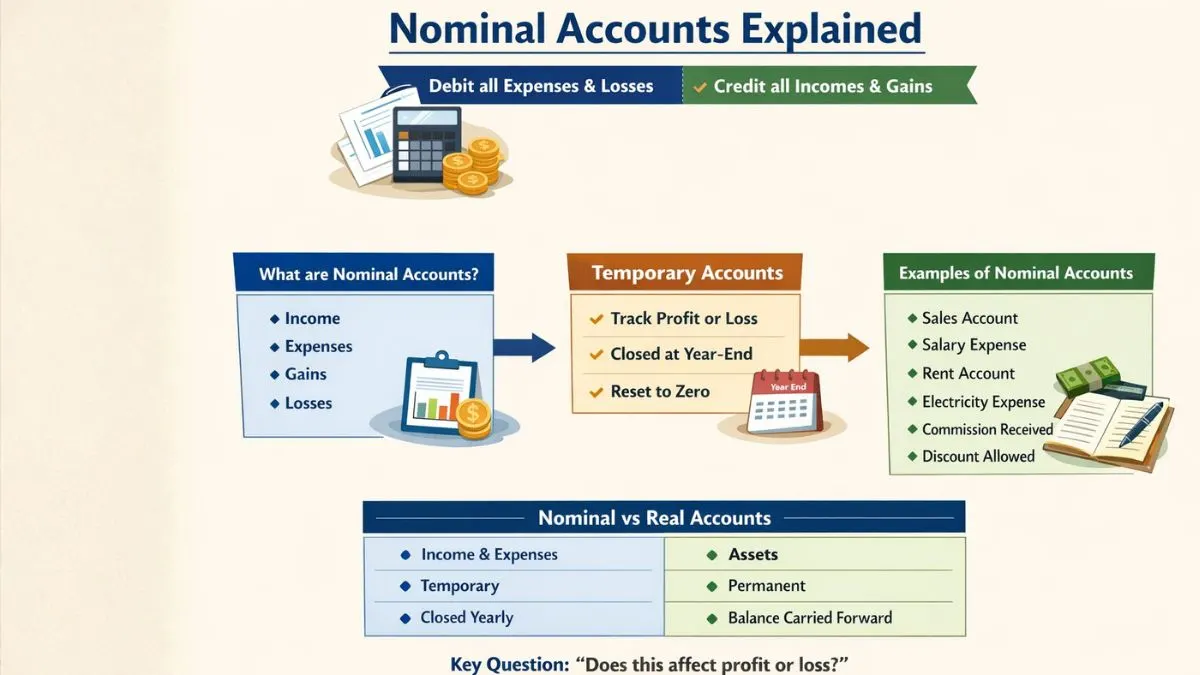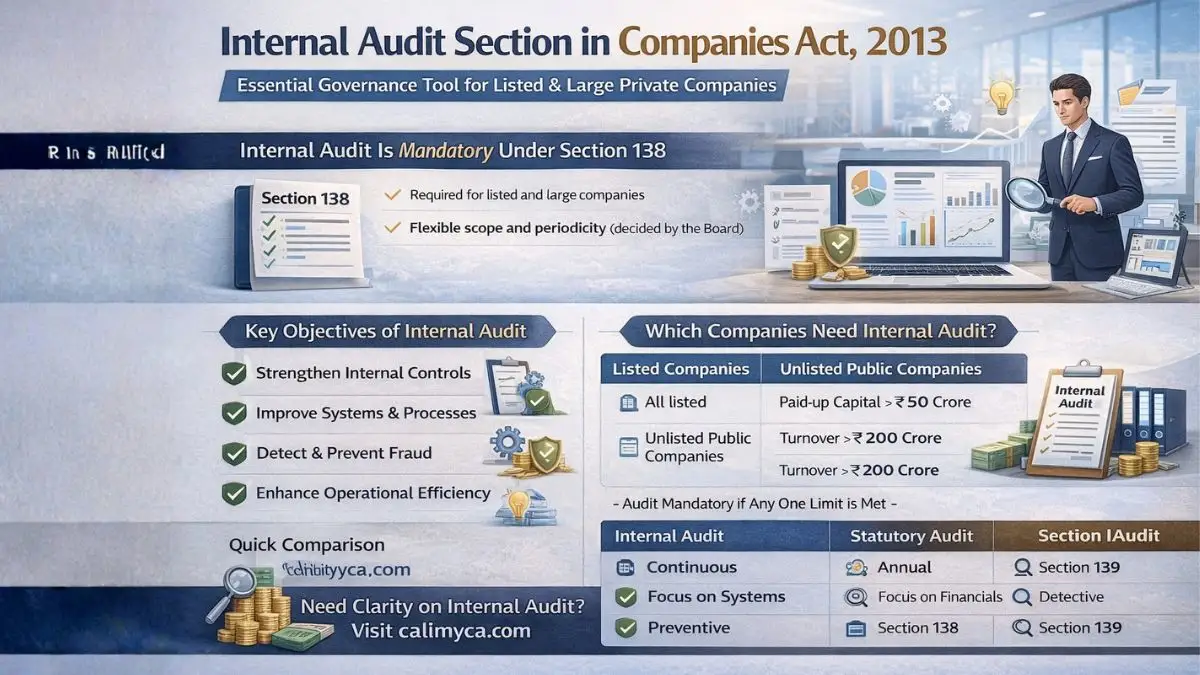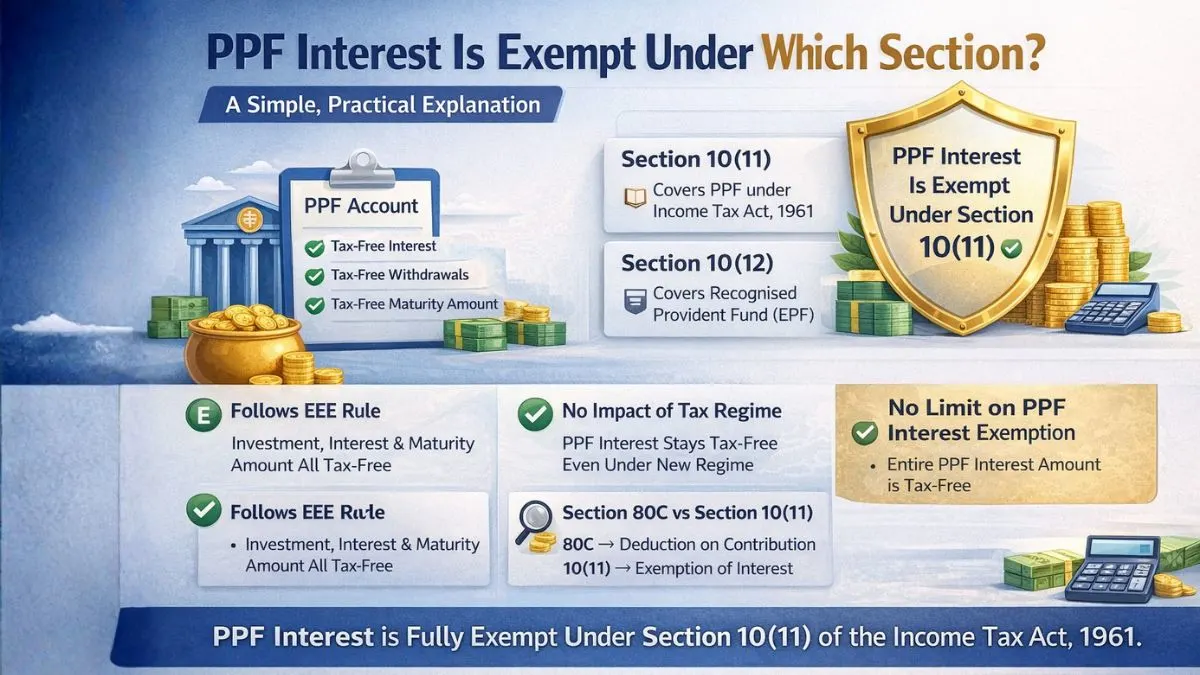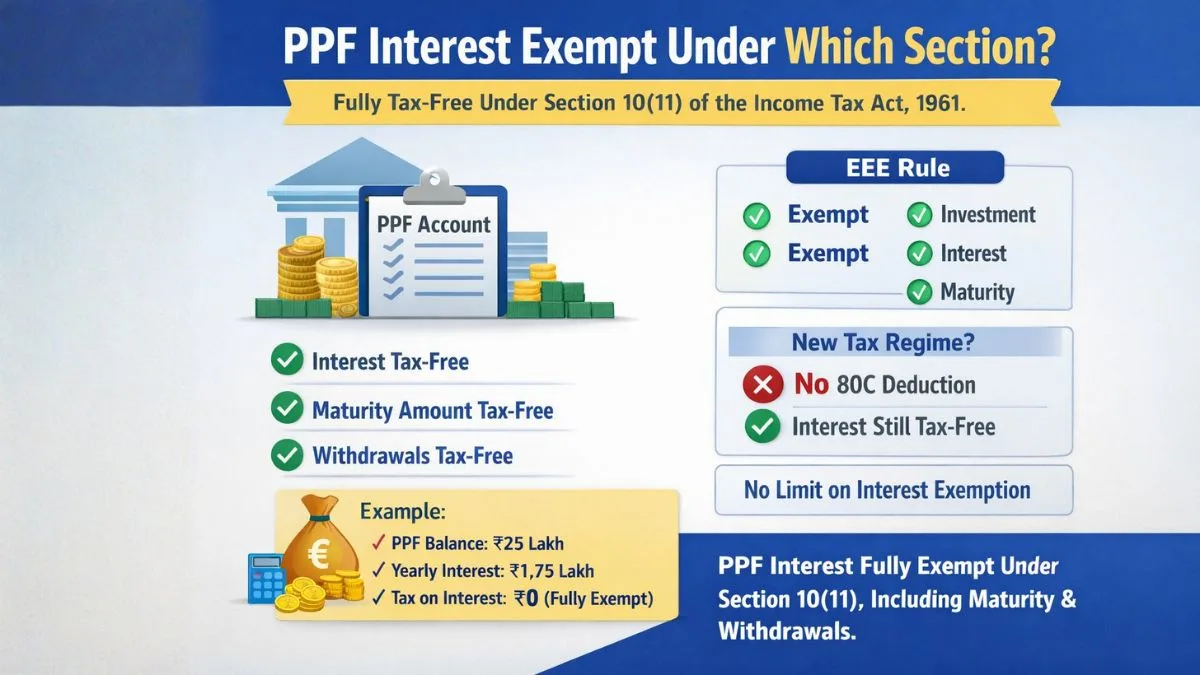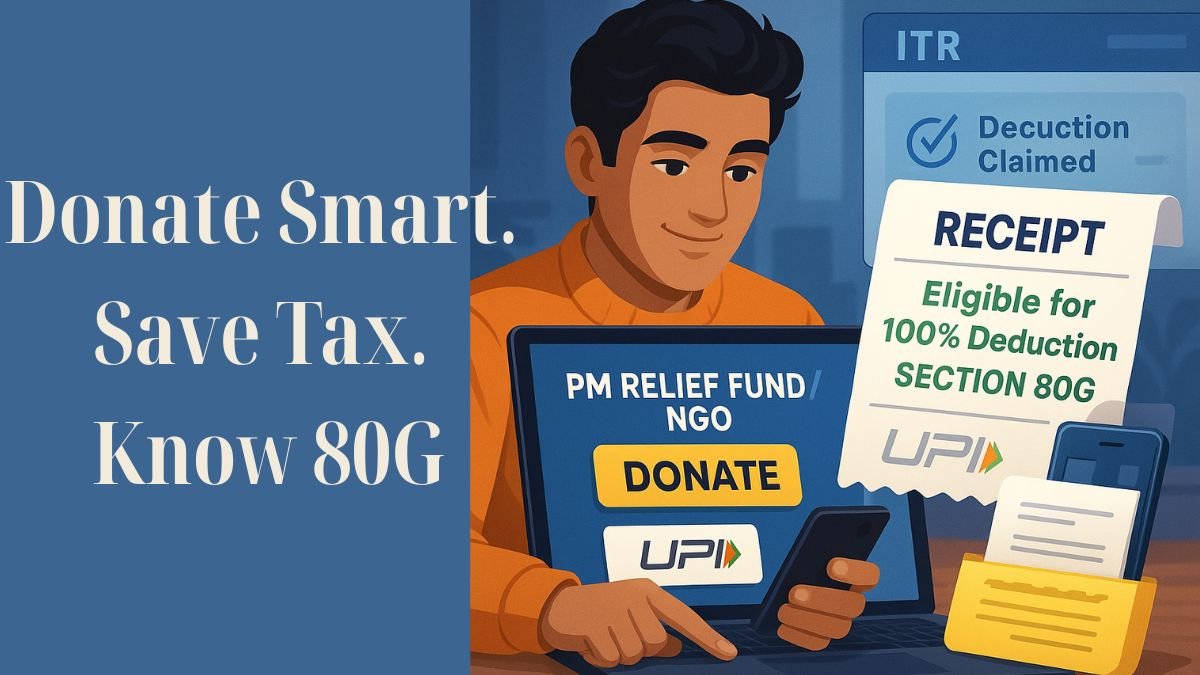
Doing good can also help you save on taxes. That’s the idea behind Section 80G of the Income Tax Act, which encourages charitable giving by offering tax deductions for donations made to approved funds and institutions.
If you’ve donated to a charity, temple trust, or a national relief fund, you may be eligible for a deduction in respect of donations to certain funds, charitable institutions, etc. Let’s break this down in simple terms so you don’t miss out on this powerful tax-saving opportunity.
What Is Section 80G of the Income Tax Act?
Section 80G of the Income Tax Act 1961 provides tax benefits for donations made to certain recognised charitable organisations or government funds.
In essence, if you donate to an approved fund, you can claim a deduction of 50% or 100% of the donated amount, depending on the type of institution. The best part? These deductions are available to individuals, companies, and even firms, provided they have taxable income in India.
What Kind of Donations Qualify?
Not all donations qualify under Section 80G. The donation must be made to a fund or institution that the Income Tax Department specifically approves.
Here are some examples of eligible donations:
- Prime Minister’s National Relief Fund
- National Defence Fund
- State Government Relief Funds
- NGOs working for education, rural development, or medical relief
- Charitable trusts registered under Section 12A/12AB
So, if you’ve donated to a private trust without 80G approval, you won't be able to claim tax deductions for it.
Tax Deduction Limits Under Section 80G
Here’s how the deduction works:
- 100% deduction without limit: Donations to National Defence Fund, PM CARES, etc.
- 50% deduction without limit: Donations to certain government-approved NGOs and institutions
- 100% deduction with 10% limit: Limited to 10% of adjusted gross total income
- 50% deduction with 10% limit: Also limited to 10% of adjusted gross total income
These limits mean that if your total income is ₹10,00,000 and the donation qualifies for a 50% deduction with a 10% cap, your maximum deduction is ₹50,000.
Section 80G Maximum Limit and Examples
The section 80G of the Income Tax Act maximum limit depends on whether the donation falls under restricted or unrestricted categories. The unrestricted category allows deduction without considering your income limit, while the restricted one limits it to 10% of your total income.
Let’s look at a quick example:
- You donated ₹1,00,000 to a government relief fund (100% deduction, unrestricted) – You get full ₹1,00,000 deduction.
- You donated ₹1,00,000 to a rural NGO (50% deduction, restricted) and your adjusted income is ₹8,00,000 – Maximum allowable deduction is ₹40,000 (10% of income × 50%).
Procedure for Claiming Deduction Under Section 80G
To claim a deduction:
- Get a valid donation receipt from the institution.
- Ensure it contains the name, PAN, registration number, and validity of the 80G approval.
- Use this while filing your income tax return, and mention the deduction under Chapter VI-A.
Also, donations above ₹2,000 must be made via cheque, UPI, bank transfer, or any digital mode. Cash donations beyond this limit are not eligible for deduction under Section 80G.
80G(5) and Registration Requirements
Only those institutions that meet conditions under Section 80G(5) are eligible to offer deductions. They must:
- Be registered under 12A/12AB of the Income Tax Act
- Do not use donated funds for religious activities (except specific cases)
- Not work for the benefit of a specific caste or community "
You can also check whether an organisation is registered by searching the 80G exemption list on the Income Tax website.
Donations for Rural Development
It’s worth highlighting that deductions are allowed for the donations that are made towards rural development. These include:
- Donations to organisations approved under Section 35AC
- Contributions to organisations involved in afforestation, infrastructure, or education in backwards regions
This adds to the social good and gives taxpayers a solid reason to invest in nation-building activities.
How Much Can You Save?
Let’s say your total income is ₹12,00,000. You donate ₹1,50,000 to the PM Relief Fund and ₹50,000 to a registered NGO under the 50% category.
- ₹1,50,000 (100% deduction, no limit) → Full deduction allowed
- ₹50,000 (50% deduction, restricted) → Max allowed = ₹60,000 (10% of ₹6,00,000 if already reduced) → You get ₹25,000 deduction
Total deduction: ₹1,75,000
Tax saved: ~₹52,500 (assuming 30% tax bracket) "
Final Thoughts
Section 80G of the Income Tax Act is a golden opportunity for taxpayers to give back to society and reduce their tax burden. It not only encourages charitable giving but also supports causes that bring real impact, be it disaster relief, education, healthcare, or rural empowerment.
Just remember:
- Donate to registered and approved institutions
- Get proper receipts and documentation
- Ensure compliance with donation modes (no cash over ₹2,000)
- Understand the deduction limits and category of the fund
💡 Need help finding eligible institutions or filing taxes with Section 80G deductions?
Get in touch with our experts at www.callmyca.com to file your returns and maximise your deductions.

